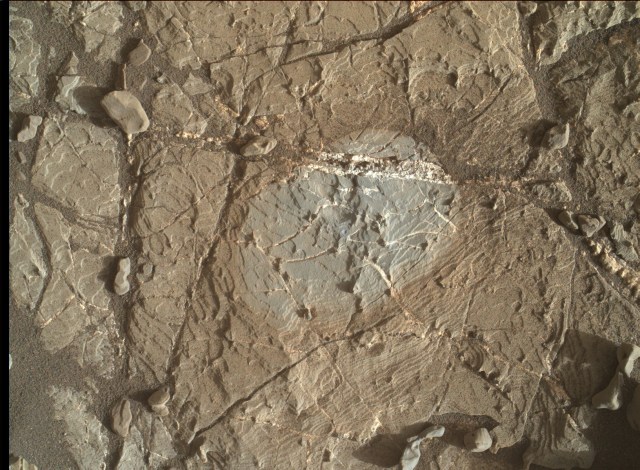September 21 is World Alzheimer’s Day. The aim is to raise awareness among the general public about the facts of this disease, which affects 150,000 people in Switzerland. More than 32,000 cases are diagnosed each year, but science is advancing, especially regarding early diagnosis.
Alzheimer’s disease, a disease we associate with aging but sometimes presents itself earlier, as is the case with Philippe Duparc who testified at the 7:30pm RTS on Thursday. “The first signs were at work. I was missing instructions. I wasn’t doing everything I was told. I didn’t understand why I was being blamed for that. It was really those signs that put me on alert.” He was diagnosed shortly after celebrating his 50th birthday.
“It was terrible, I think it took me two years to get over it. It was the word ‘Alzheimer’s’ that really got me down, and I thought my life was over. I told myself I wouldn’t be any more capable of it. He talked to my friends and family that I would be a wreck,” he adds. “.
Proteins may be involved
Although the cause of this disease is still unknown, it can arise from deposits produced by proteins produced by the brain – amyloid beta and tau – which block communication between nerve cells and accelerate brain degeneration. Their identification allows a diagnosis to be made.
“The identification of proteins has taken decades. What has changed the speed is the availability of biomarkers, and the possibility of studying the dynamics, the change in amyloid and tau in living organisms,” explains Professor Giovanni Frisoni, Director of the Memory Center at HUG.
Detection of brain damage
By analyzing biological samples, we can identify brain lesions. “Today, we are able to make a very early diagnosis thanks to lumbar puncture and positron emission tomography,” says the specialist.
Symptoms appear 10 to 15 years after the first lesions appear. The future will be to diagnose as early as possible to allow for better care. Today, there are medications that delay brain degeneration for a short time. But there is no curative treatment.
Philippe Duparc was able to slow down the progression of the disease. He’s testing an experimental treatment that’s still debated, but gives us hope.
TV Topic: Delphine Mestili Mogi and Cecilia Mendoza
Web Adaptation: Fri






